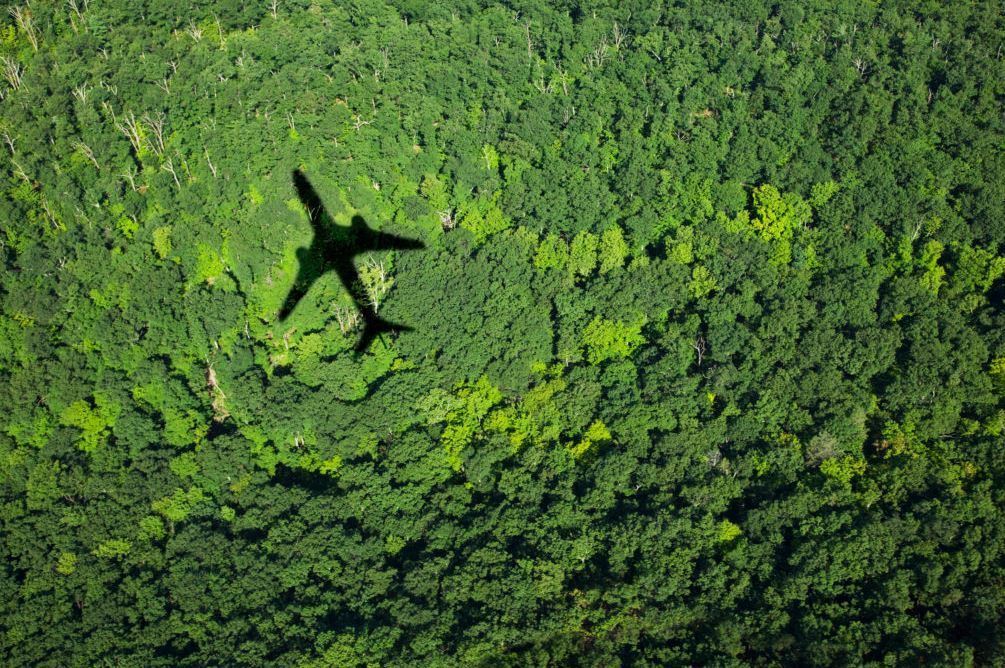“The World Sustainability Symposium is focused on generating a broader understanding of the net zero challenges ahead,” says Marie Owens Thomsen, IATA’s SVP for Sustainability and Chief Economist. “The energy transition is a global issue. The Paris Agreement is about replacing fossil fuels, not just in aviation but in every industry. We are all dependent on them.”
“So, I want to see our challenges break free from the corridors of the Ministries of Transportation,” she adds. “Renewable energy should be at the top of all government policy agendas and addressed holistically, across all government departments. We simply will not find the solutions if our conversations and our thinking remains stuck in old fashioned silos.”
Welcoming all solutions
Thomsen argues that though sustainable aviation fuels (SAF) will be focal point of emission reduction, other elements—representing some 35% of the industry’s ability to achieve net zero carbon emissions—cannot be ignored. In fact, every contribution, no matter how small, is vital and needs to be addressed with urgency.
“And SAF production is lagging,” adds Thomsen. “Although we are confident it will improve dramatically, any shortfall puts even more emphasis on the other solutions on offer. You can’t make early bets on winners when it comes to new technologies. You must have an open mind and invest across the board.”
IATA is pursuing all options to support industry efforts, from advancing market creation—as evidenced by the forthcoming SAF Registry—to such innovative tools as CO2 Connect.
It is also releasing new versions of its sustainability Policy and Finance roadmaps, first published in 2023. As ever, the updates have undergone a fully inclusive process so that all possible challenges and solutions are explored. A level of detail has been added to support the aspirations already identified, which will also help enable the correct tools to be developed…



